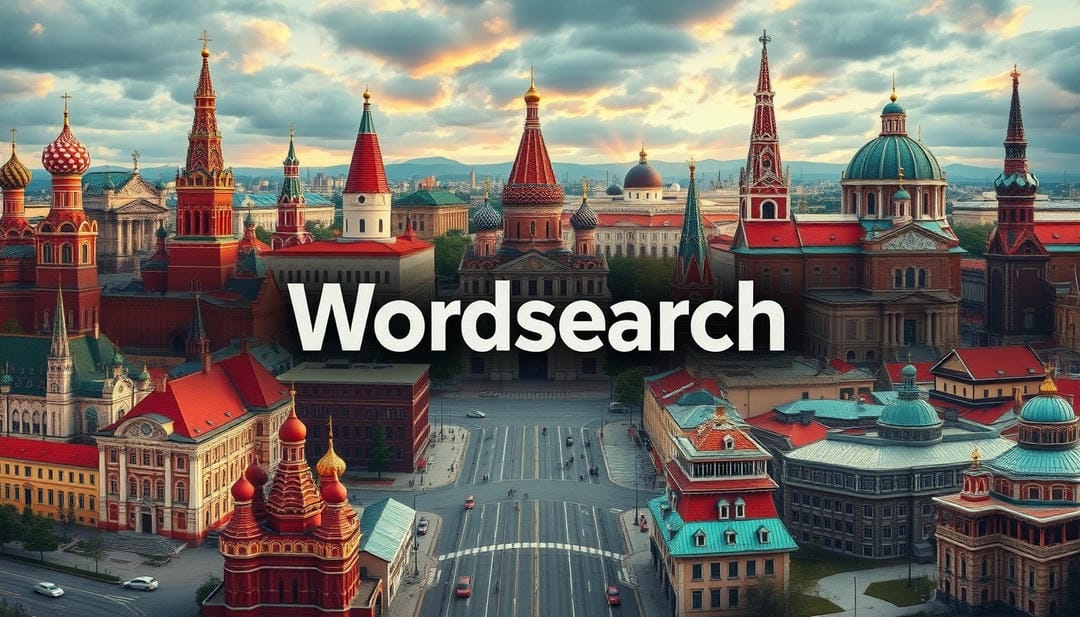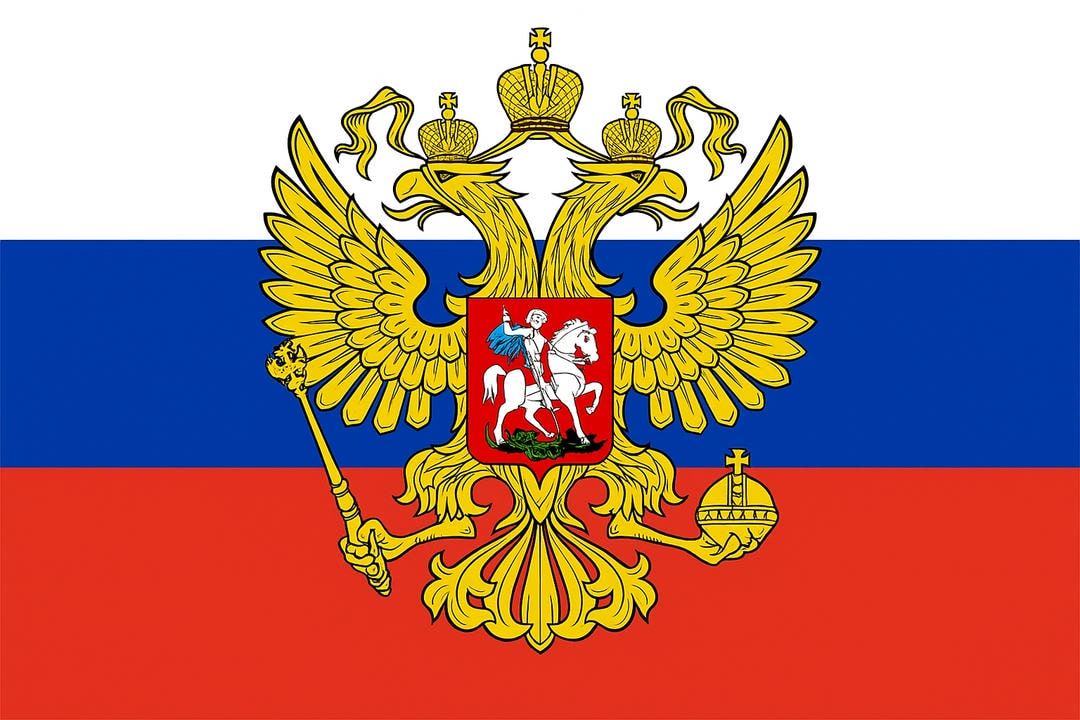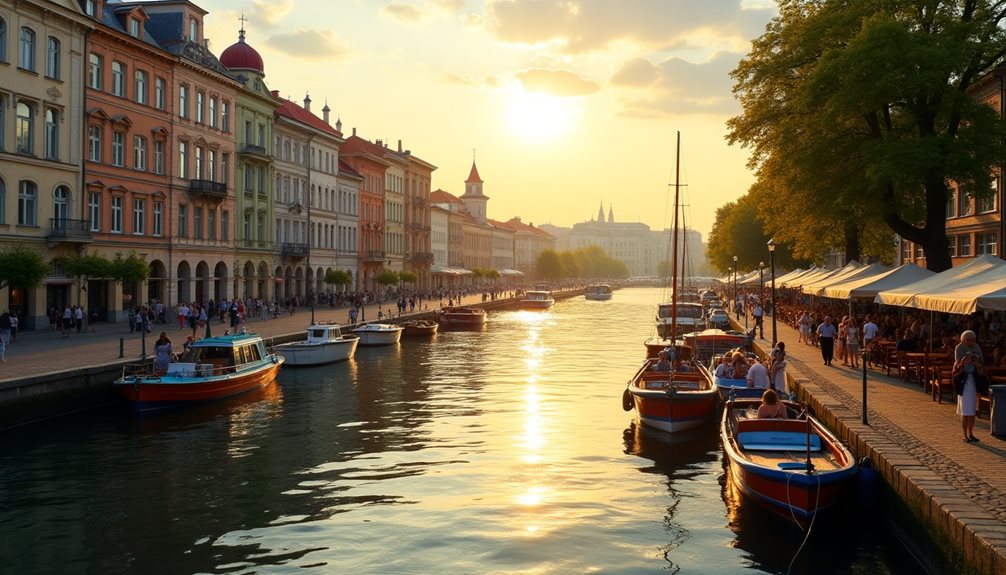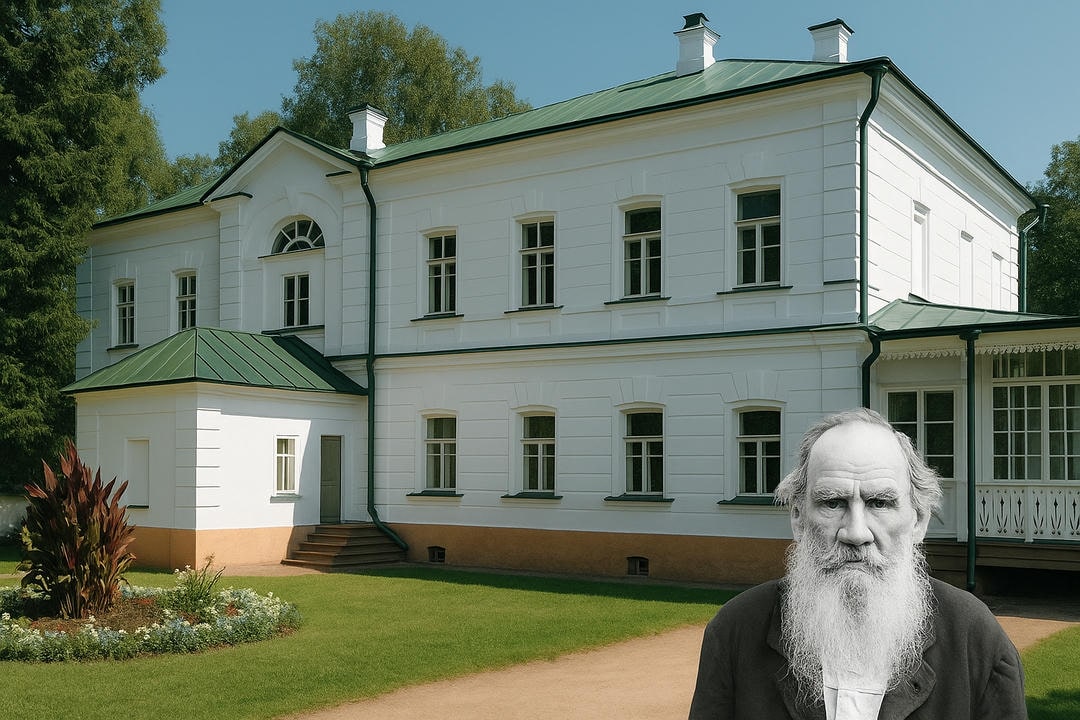RUSSIAN CITIES AND TOWNS IN ENGLISH & PHONETIC
| Russian Word | English Translation | English Phonetic |
|---|---|---|
| Москва | Moscow | MOS-kow |
| Казань | Kazan | kuh-ZAN |
| Омск | Omsk | OMSK |
| Самара | Samara | suh-MA-ruh |
| Уфа | Ufa | oo-FA |
| Краснодар | Krasnodar | kras-nuh-DAR |
| Воронеж | Voronezh | vo-ROH-nez |
| Тольятти | Tolyatti | tol-YAHT-ee |
| Волгоград | Volgograd | vol-guh-GRAD |
| Пермь | Perm | PERM |
| Тверь | Tver | TVYER |
| Иваново | Ivanovo | ee-vah-NOH-vuh |
| Тюмень | Tyumen | tyoo-MYEN |
| Астрахань | Astrahan | uhs-truh-HAN |
| Калуга | Kaluga | kuh-LOO-guh |
–

Interesting facts about these Russian Cities and Towns
Moscow
Moscow, the capital of Russia, has a name derived from the Moskva River, which flows through the city. The exact etymology of “Moscow” is unclear but may stem from ancient Finno-Ugric languages, possibly meaning “dark” or “muddy.”
Kazan
Kazan, the capital of Tatarstan, is believed to come from the Tatar word for “boiler” or “cauldron,” symbolizing the area’s rich cultural melting pot. The city’s strategic location on the Volga River has made it a vital trade center for centuries.
Omsk
The name Omsk is thought to derive from the river of the same name. The etymology is unclear, but some suggest it comes from the word for “bending” or “curving,” referring to the river’s path. Omsk was founded as a military outpost in the 18th century.
Samara
Samara’s name is believed to have roots in the Volga River, which is called “Samar” by local peoples. Another theory suggests it comes from the Arabic word “Samar,” meaning “a night talk” or “to have fun,” reflecting its role as a trade and cultural hub.
Ufa
Ufa’s name is derived from the Bashkir language and is linked to the word for “white.” It has traditionally been a place where different cultures, mainly Russian and Bashkir, have intermingled, making it a unique cultural center in the region.
Krasnodar
Krasnodar’s name combines the Russian word “krasny,” meaning “red,” and “dar,” translating to “gift.” Hence, it can be interpreted as “the gift of the red.” The name reflects the area’s fertile land and its importance in agriculture.
Voronezh
Voronezh is believed to be derived from the Old Russian word for “to pour,” which relates to the river Voronezh that flows near the city. The city has a rich history, serving as an important economic and military center throughout the centuries.
Tolyatti
Tolyatti is named after the Italian Communist leader Palmiro Togliatti. Previously known as Stavropol, it was renamed in 1963 in honor of Togliatti, marking the city’s significance during the Soviet period in automotive and industrial development.
Volgograd
Volgograd was formerly known as Stalingrad. Its name translates literally to “River City” (from “Volga,” the name of the river, and “grad,” meaning “city”). The city gained fame for its crucial role in the Battle of Stalingrad during World War II.
Perm
The name Perm is thought to come from the ancient Komi word for “beyond” or “far away,” reflecting its location as one of the easternmost cities in Europe. It also signifies a historical trade route between Europe and Asia.
Tver
Tver, located at the confluence of two rivers, takes its name from the Old Russian word “tverdit,” meaning “to be firm or solid.” Tver has played a strategic role in Russian history and was once the capital of the medieval Tver Principality.
Ivanovo
Ivanovo’s name is believed to be derived from the Russian male name Ivan, meaning “John.” Historically a textile center, it was crucial for the industrial revolution in Russia, earning it the nickname “The Textile Capital of Russia.”
Tyumen
Tyumen’s name is derived from the Tatar word meaning “the place of the water.” Founded in 1586, it was the first Russian town in Siberia, playing an essential role in exploration and settlement of the region.
Astrahan
Astrahan’s name is believed to originate from the Persian word “ashtrakh,” meaning “to conquer” or “to capture.” The city has historically served as a major port on the Volga River and a cultural crossroads between Russia and Persia.
Kaluga
The etymology of Kaluga is thought to derive from the Finno-Ugric word for “little” or “small.” The city is known for its rich history and contributions to Russian science and culture, particularly in the fields of rocketry and astronomy.




